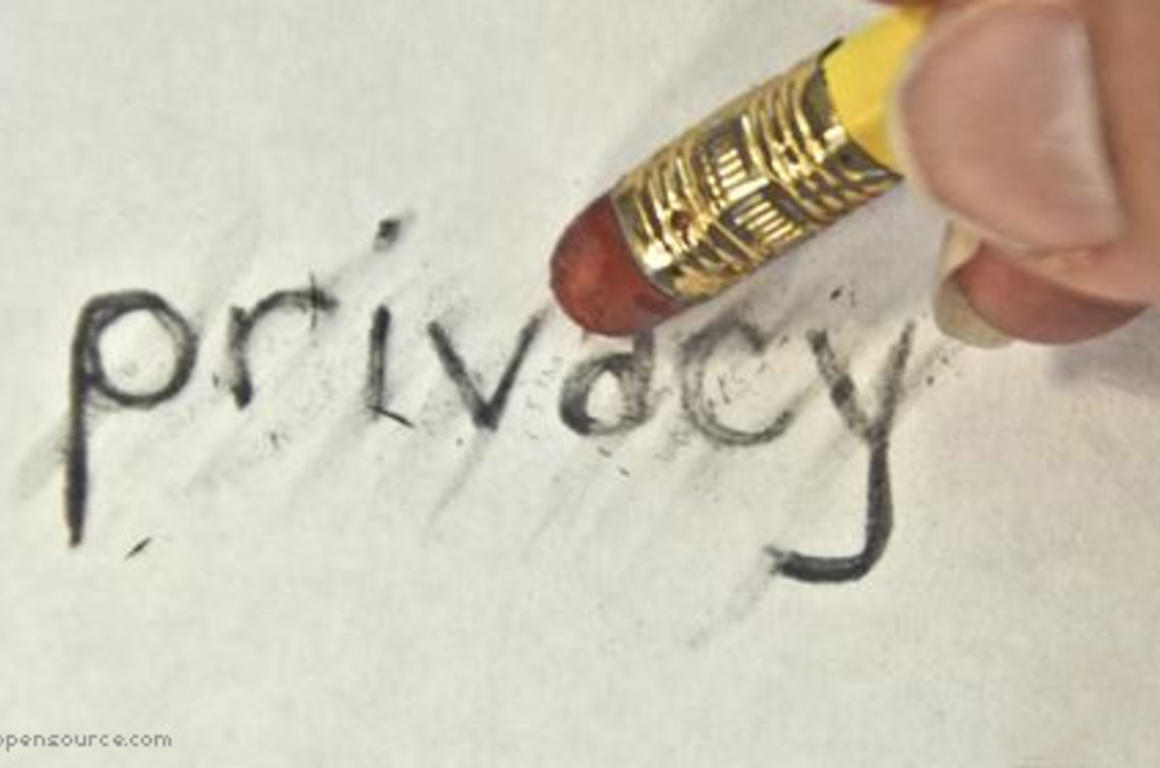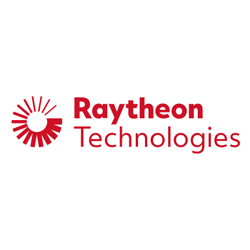Invasion of the Data Snatchers: Big Data and the Internet of Things Means the Surveillance of Everything
- by 7wData

Estimates vary, but by 2020 there could be over billion devices connected to the Internet. Once dumb, they will have smartened up thanks to sensors and other technologies embedded in them and, thanks to your machines, your life will quite literally have gone online.
The implications are revolutionary. Your smart refrigerator will keep an inventory of food items, noting when they go bad. Your smart thermostat will learn your habits and adjust the temperature to your liking. Smart lights will illuminate dangerous parking garages, even as they keep an "eye" out for suspicious activity.
Techno-evangelists have a nice catchphrase for this future utopia of machines and the never-ending stream of information, known as Big Data, it produces: the Internet of Things. So abstract. So inoffensive. Ultimately, so meaningless.
A future Internet of Things does have the potential to offer real benefits, but the dark side of that seemingly shiny coin is this: companies will increasingly know all there is to know about you. Most people are already aware that virtually everything a typical person does on the Internet is tracked. In the not-too-distant future, however, real space will be increasingly like cyberspace, thanks to our headlong rush toward that Internet of Things. With the rise of the networked device, what people do in their homes, in their cars, in stores, and within their communities will be monitored and analyzed in ever more intrusive ways by corporations and, by extension, the government.
And one more thing: in cyberspace it is at least theoretically possible to log off. In your own well-wired home, there will be no "opt out."
You can almost hear the ominous narrator's voice from an old "Twilight Zone" episode saying, "Soon the net will close around all of us. There will be no escape."
Except it's no longer science fiction. It's our barely distant present.
"[W]e estimate that only one percent of things that could have an IP address do have an IP address today, so we like to say that ninety-nine percent of the world is still asleep," Padmasree Warrior, Cisco's Chief Technology and Strategy Officer, the Silicon Valley Summit in December. "It's up to our imaginations to figure out what will happen when the ninety-nine percent wakes up."
Yes, imagine it. Welcome to a world where everything you do is collected, stored, analyzed, and, more often than not, packaged and sold to strangers -- including government agencies.
In January, Google announced its $3.2 billion purchase of Nest, a company that manufactures intelligent smoke detectors and thermostats. The signal couldn't be clearer. Google believes Nest's vision of the "" will prove profitable indeed. And there's no denying how cool the technology is. Nest's smoke detector, for instance, can differentiate between burnt toast and true danger. In the wee hours, it will conveniently shine its nightlight as you groggily shuffle to the toilet. It speaks rather than beeps. If there's a problem, it can contact the fire department.
The fact that these technologies are so cool and potentially useful shouldn't, however, blind us to their invasiveness as they operate 24/7, silently gathering data on everything we do. Will companies even tell consumers what information they're gathering? Will consumers have the ability to determine what they're comfortable with? Will companies sell or share data gathered from your home to third parties? And how will companies protect that data from hackers and other miscreants?
The dangers aren't theoretical. In November, the British tech blogger Doctorbeet that his new LG Smart TV was snooping on him. Every time he changed the channel, his activity was logged and transmitted unencrypted to LG. Doctorbeet checked the TV's option screen and found that the setting "collection of watching info" was turned on by default. Being a techie, he turned it off, but it didn't matter. The information continued to flow to the company anyway.
[Social9_Share class=”s9-widget-wrapper”]
Upcoming Events
Evolving Your Data Architecture for Trustworthy Generative AI
18 April 2024
5 PM CET – 6 PM CET
Read MoreShift Difficult Problems Left with Graph Analysis on Streaming Data
29 April 2024
12 PM ET – 1 PM ET
Read More




